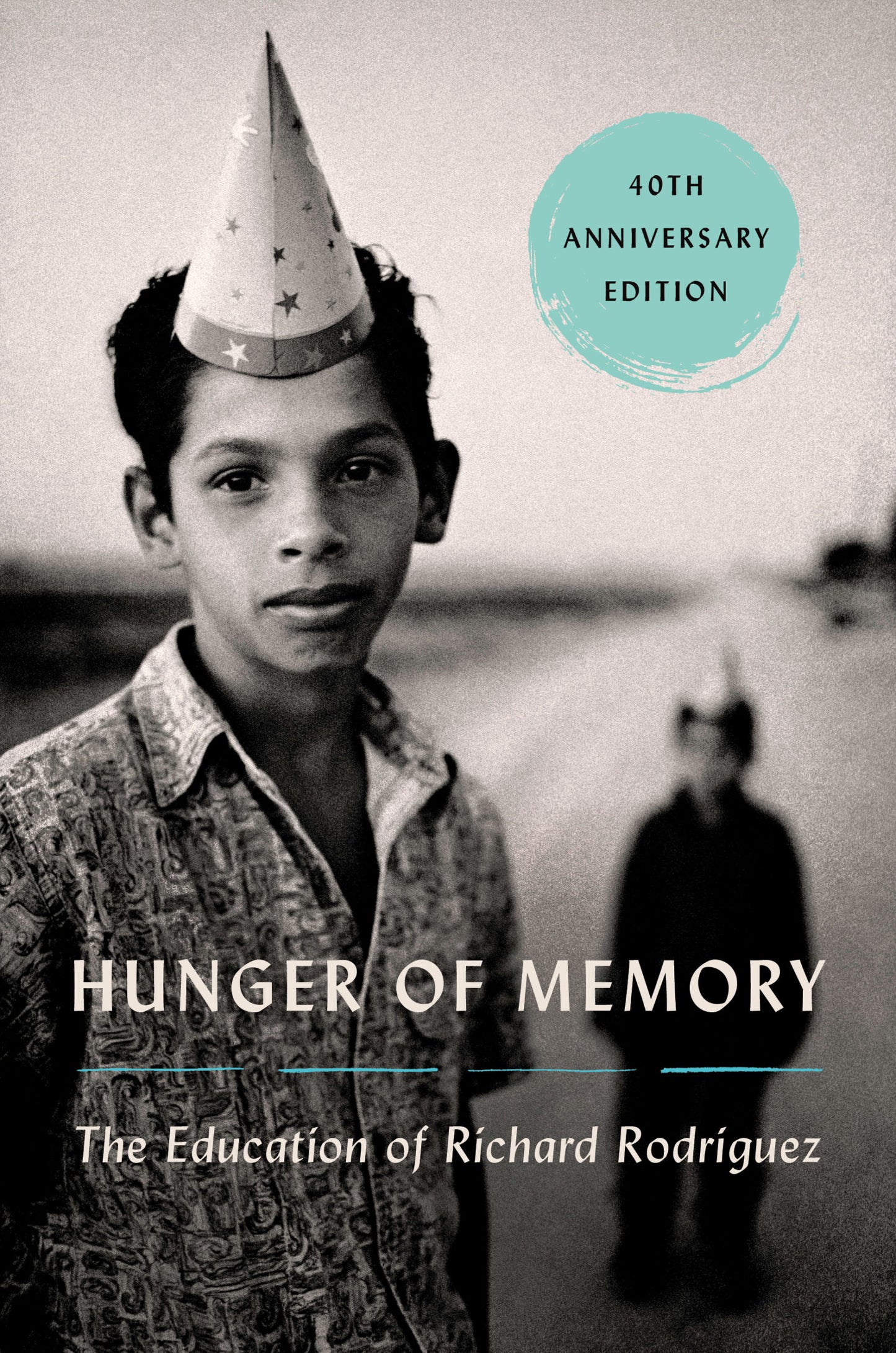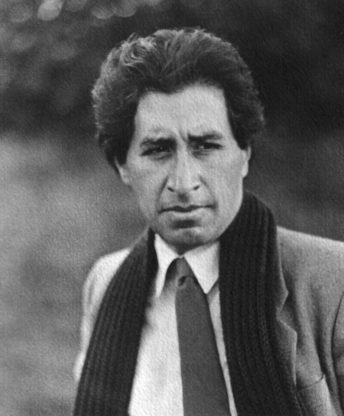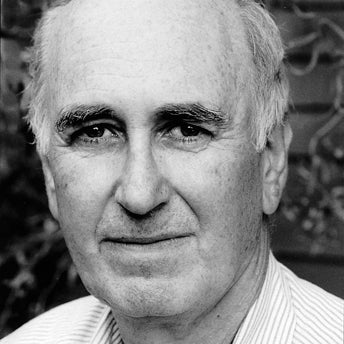
“Superb.”—New York Times
The fortieth anniversary edition of an American classic: a “minority student” pays the cost of social assimilation and academic success with a painful alienation from his past, his parents, his culture. Exquisitely written, poignant and powerful, unsettling, and controversial, Hunger of Memory is both a profound study of the importance of language and an intimate portrait of a Mexican-American boy struggling to become a man.
Forty years ago, readers met the extraordinary writer Richard Rodriguez through the story of his own education. Hunger of Memory traces the journey of a young boy, the son of Mexican immigrants, who began school in California knowing just fifty words of English but concluded his university studies in the lonely grandeur of the British Museum. In between, he fought a dramatic struggle between his public and private self.
A longtime resident of San Francisco, and an ardent opponent of easy labels and limited self-conceptions, Rodriguez describes himself as a “queer Catholic Indian Spaniard at home in a temperate Chinese city in a fading blond state in a post-Protestant nation.” Resisting the easy way of following received dogmatic and conventional thought, Rodriguez has encountered kneejerk hostility for his provocative positions on issues such as affirmative action and bilingual education. But the extraordinary clarity of his iconoclastic writing—the surprising twists in his thinking, the view of public policy as it limits individual lives, and the story he tells of an American education—have made this book endure for four decades and counting.
This new edition includes an introduction by Phillip Lopate and an afterword by Richard Rodriguez. Still as provocative as the year it was first published, Hunger of Memory is both a profound meditation on the price of education the working class must pay for its great benefit and a poetic self-portrait of a “scholarship boy.” Any reader moved by the power of words, including their power to change lives, needs to discover—or re-discover—Hunger of Memory.
CRITICAL PRAISE for the new edition
“Rodriguez seamlessly interweaves his personal story with public concerns . . . This is a beautifully written book wherein Rodriguez tells the truth about himself and his education.” —Today’s American Catholic
PRAISE for Richard Rodriguez and Hunger of Memory
“Richard Rodriguez has maintained a fierce, rigorous, ironic, and sincere cross-examination of both contemporary America and himself....[His] refusal to settle for easy answers or fixed assumptions is exactly what makes Rodriguez so essential.” —Pico Iyer, New York Review of Books
“Rodriguez is an interesting, unpredictable thinker and writer; the opportunity to enter his mind should be reason enough to read one of his books.” —Washington Post
“Superb...In Hunger of Memory, Mr. Rodriguez offers himself as an example of the long labor of change: its costs, about which he is movingly frank, its loneliness, but also its triumph.” —New York Times Book Review
“Paradox has always been at the heart of Rodriguez’s brilliant personal essays, whether he was pondering, in Hunger of Memory (1982), the conflict between public and private selves; or defining, in Days of Obligation (1992), the split in his multicultural soul between his American faith in the future and his Mexican sense of the tragic past; or dissecting, in Brown (2002), the incendiary topic of race in America....They all reflect his remarkable ability to penetrate the contradictions of our lives, reveling in them as much as understanding them.” —Booklist
“The exquisite clarity of Mr. Rodriguez’s writing is the product of long care, an attention to nuance that, one senses, is not only esthetic but moral.” —New York Times
“Richard Rodriguez may be the most empathic essayist in America….His sentences are reliable joys.” —The New Yorker


